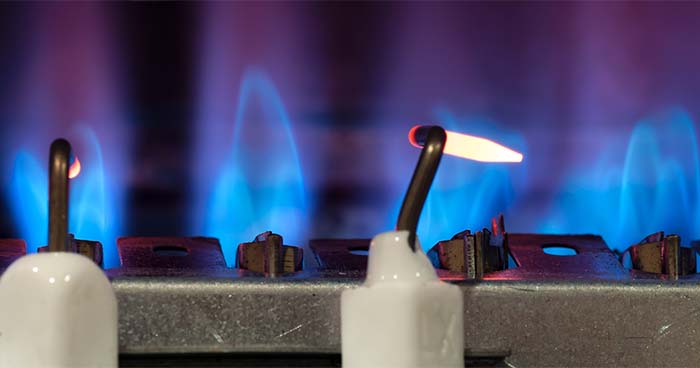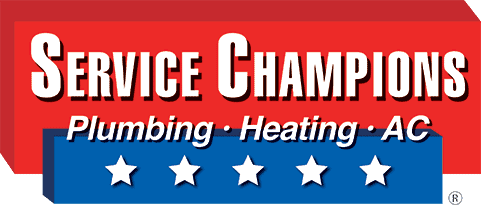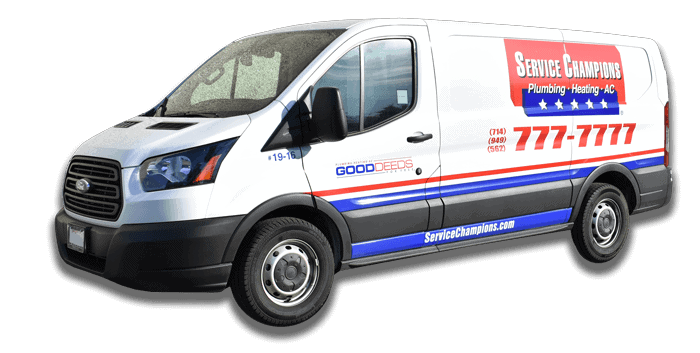Important Questions to Ask When Replacing a Furnace
A furnace is a big investment for your home, but it pays off. With regular maintenance, your furnace can last 15 or 20 years.
At some point, your furnace will suffer in efficiency and will need to be upgraded, however. If you’re thinking it may be the time, here are some things to consider.
What Type of Furnace Should I Get?
There are several types of furnaces on the market. Natural gas furnaces are common in most homes and offer the most energy efficiency. They ignite the gas with a pilot light, fueling burners to warm your home.
Can I Install a New Furnace on My Own?
Furnace installation may seem easy, but it’s not a good idea to do it yourself. Even with some HVAC experience, this is a dangerous job and it’s easy to make a mistake, so it’s best to hire a professional and know that it’s done properly and safely.
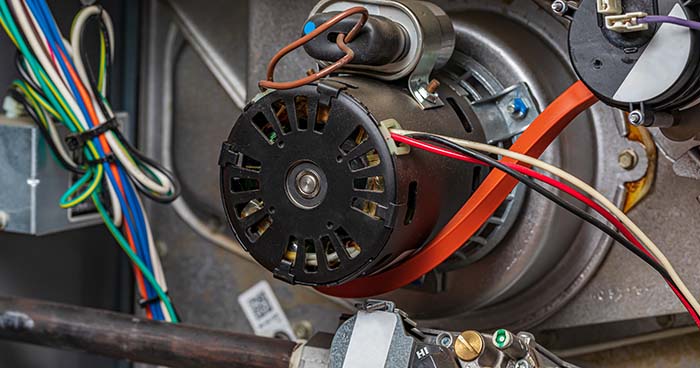
How Do I Know It’s Time to Replace a Furnace?
Here are some signs it’s time to upgrade your furnace:
- Your furnace is aging: Older furnaces don’t have the efficiency of newer ones. If your furnace is nearing the end of its life, it may be best to upgrade before your furnace starts to have efficiency problems or breakdowns. The general age of a furnace is 15-20 years.
- You have excessive energy bills: If you have high energy bills for no obvious reason, such as an unusually cold winter or extra people in your home, it could indicate that your furnace isn’t running efficiently.
- You have cold areas of your home: Furnaces that don’t run efficiently can’t heat your entire home uniformly. You will have cold rooms or areas despite a high thermostat and warm spots, meaning that your furnace can’t do its job effectively any longer.
- You have constant repairs or breakdowns: An older furnace will have minor issues sometimes, but if you’re always paying for repairs, it may be best to upgrade. Generally, repairs that total half the cost of a new unit signal that it’s time to replace your furnace.
When is the Best Time of Year to Replace a Furnace?
You can install a furnace in any season. If possible, don’t wait until the busy season in the dead of winter. Upgrade your furnace during the off seasons of the fall or spring, when there’s less demand for new furnaces. If you wait until winter, you could have difficulty getting a furnace or a quick installation if your furnace breaks down unexpectedly.
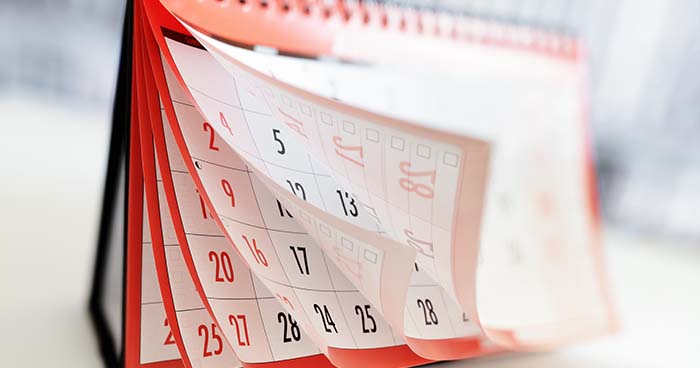
How Big Will My New Furnace Be?
Furnaces are available in a range of sizes and types. The furnace you need will depend on your home’s size, insulation, and climate. An HVAC technician will perform a heating load test, which evaluates the air quality and circulation to determine the ideal furnace size.
How Much Does a New Furnace Cost?
The cost of a furnace can vary according to size, type, and efficiency. If you need to install ductwork or ventilation, this can raise the price. You’ll also pay more if you need two furnaces to accommodate a larger home.

Should I Replace My Furnace and AC at the Same Time?
It’s a good practice to replace your air conditioner and furnace at the same time. If possible, replace both or replace one during the off season and the other during the off season, so they’ll age around the same time. If you pair an old unit with a new unit, the older one could put unnecessary stress on the newer unit because they share components.
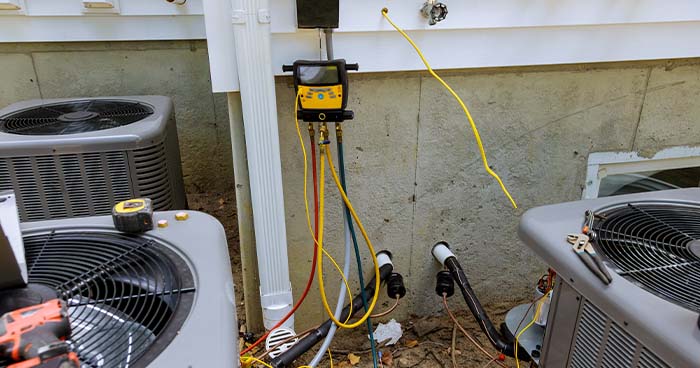
How Long Does It Take to Install a New Furnace?
Furnace installation typically takes a day to finish. However, if you need to add ductwork or ventilation, it could add to the time to the install.
Will My New Furnace Be Energy Efficient?
A high efficiency model is the best option for cost-effectiveness. It may be more expensive initially, but it pays off in lower energy bills. The annual fuel utilization efficiency, or AFUE, determines how efficient a unit is. High efficiency units have an AFUE of 90 or more.
